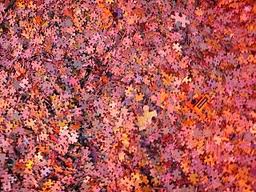Last night at Penn Convocation, I listened to remarks by several senior leaders, all of whom offered good advice. Trustee Claire Lomax, Col ’84, greeted new students on behalf of the board and Penn alumni. One of her statements really resonated with me. She told the students to “be present,” to enjoy and fully participate in Penn and the Penn community. Oh, sure, you may be saying, of course I will do that. But too often, we meet students, be they undergraduates or graduate students, who are so focused on the future, on the next step, that they do not fully engage now in all that Penn has to offer, both academically and in the range of activities beyond the classroom or the lab.
This may seem counterintuitive for a Career Services person to be saying, but it really isn’t. Don’t select classes to protect your GPA. Learn something new, even though you may not get an A. Pick up a new skill or try a new activity (an intramural sport or a performing arts group, for example), as Provost Vincent Price suggested during his Convocation speech. The choices, both on campus and off, are well beyond anything a great many of you have seen before. Be here, and by fully engaging, you might serendipitously discover a path to your future. But don’t choose something for that reason alone. Being present is its own reward, one you don’t want to miss.
On behalf of everyone in Career Services, all the best for a great semester.




